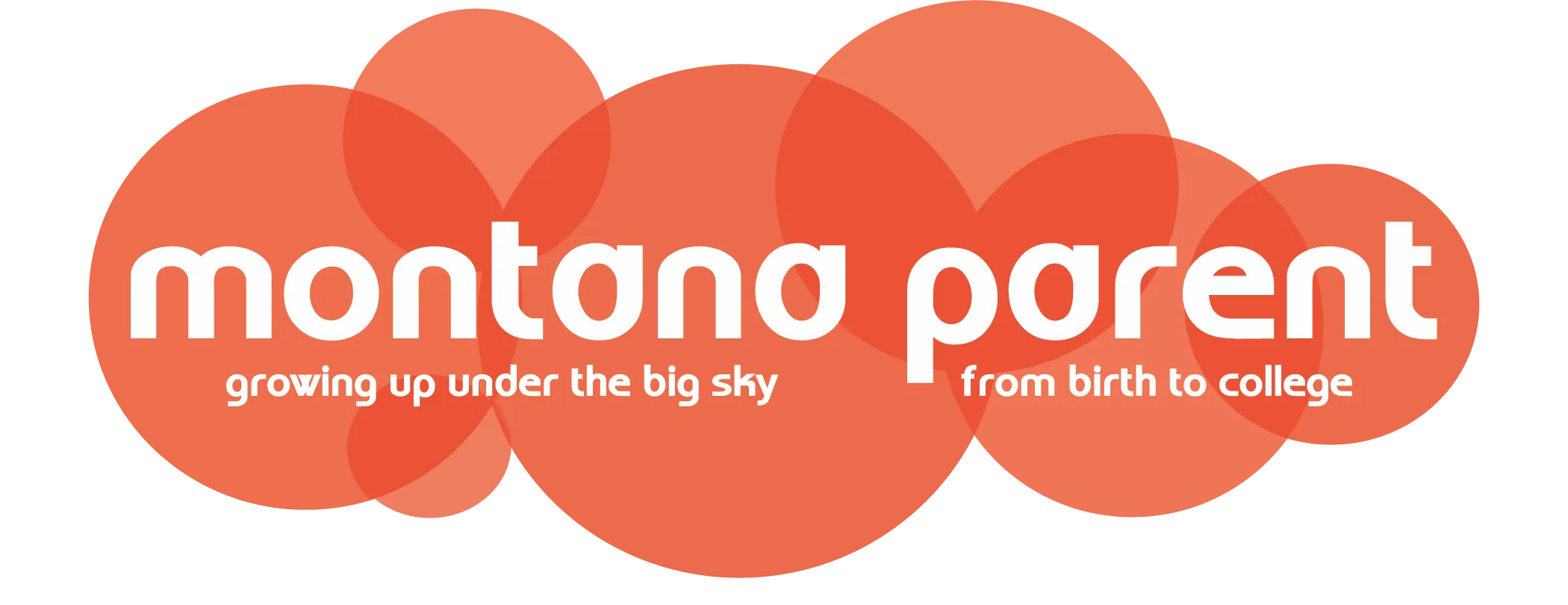Is He a She or She a He? Understanding Transgender
March 26, 2017
Posted By: Shaunescy
WRITTEN BY MARIE MITCHELL
When Bruce Jenner became Caitlin in 2015, many were caught by surprise. Jenner’s struggles with gender identity, however, date back to her youth. Across the globe there are kids in similar circumstances – struggling to live with an identity different from their genetic sex.
What does it mean to be transgender?
Transgender individuals do not identify themselves as being the sex they were assigned at birth. Transgender individuals who do not conform to their assigned sex are often harassed or stigmatized and are frequent victims of violence and bullying.
What is normal behavior for children?
Play, which includes exploration and role-playing, is often considered the “work” of childhood. A boy, for example, may enjoy playing with trucks but like his fingernails
painted. A girl may be considered a tomboy, preferring to play football and not wanting to wear dresses. Although most children identify with the sex they were assigned at
birth, for unknown reasons, some persist in their desire to change.
How do you know if your child is transgender?
Some children are very open about their gender identity, stating that they are a girl or boy, despite what others say or how they are dressed or raised. Others may identify as opposite to their sex but are afraid to admit it. They may be anxious, depressed or act out. Children who are harassed or bullied may not want to admit the reason to their parents.
What should parents do?
A recent study found that adults who grew up not supported in their gender identity had higher rates of suicide attempts. Those who grew up feeling affirmed in their gender identity were no more suicidal than the rest of the population. This suggests that when children are treated with acceptance and understanding, not made to feel that something is wrong with them, they fare better psychologically. Having parents who are their allies also means they have an advocate to protect them from bullying, maltreatment and discrimination. Learn which types of behaviors are affirming and which are not. Use respectful, correct terminology and educate others to do the same.
Where can we go for help/support?
»»A transgender child/teen may avoid contact with the medical system due to fear or discomfort that they will try to change them. Therapies aimed at changing gender identity often involve shaming, may be harmful and are strongly discouraged by mental health specialty groups such as the American Academy of Child and Adolescent Psychiatry.
»»A safe setting where a child can express his/her gender identity promotes identification of health issues for which treatment or advice can be given. For example, a child might not drink during the school day to avoid being ridiculed or singled out when needing to use a restroom. S/he might offer health complaints to avoid changing clothes in gym class or hide illness symptoms to avoid being seen by a health care provider. Seek health care providers who are sensitive to issues surrounding gender identity. They can be very helpful in advocating for, and supporting, your child.
What happens to transgender children?
Allowing all children to dress, play and truly be themselves is an important aspect of exploring gender and its expectations. Although most children will identify with the gender they are assigned at birth, some will not. Some of these transgender children will welcome hormonal interventions to delay puberty (which can be stopped later if desired) while they make a decision as to what gender they wish to express. Later in life, some of these children may or may not choose to have surgical interventions. When a child identifies as a gender different than the one assigned at birth (by genitals or chromosomes), it is often impossible to know if this is a passing phase or something permanent. As parents, it is our responsibility to make sure our children feel safe to express themselves and be who they want to be. In doing so, we also need to protect them from others who may take advantage of them or harm them. Advocating for our children lets them know that they are loved unconditionally and contributes to their wellbeing, no matter what gender they are.
________________________________
Marie Mitchell is nationally certified as both a Pediatric Nurse Practitioner and Family Nurse Practitioner and licensed to prescribe in Montana. She is the owner of Four Corners Health Care, providing health care to all ages. For more information visit 4chealthcare.com or call 406-556-8300.
Resources that may be helpful:
Local support: »»pflagbozeman.org:
A support group for parents, families and friends of people who are lesbian, gay, bisexual, transgender or queer in the Gallatin Valley.
»»Rainbow Youth Alliance,
Bozeman: A support group for fifth- through eighth-grade lesbian, gay, bisexual, transgender, questioning and more (LGBTQ) youth. Pamphlets available in Bozeman elementary and middle schools or email: ryan.alec.erickson@gmail.com.
Online information and support: genderspectrum.org
Correct terminology:
National Geographic’s special issue: Gender Revolution, January, 2017














